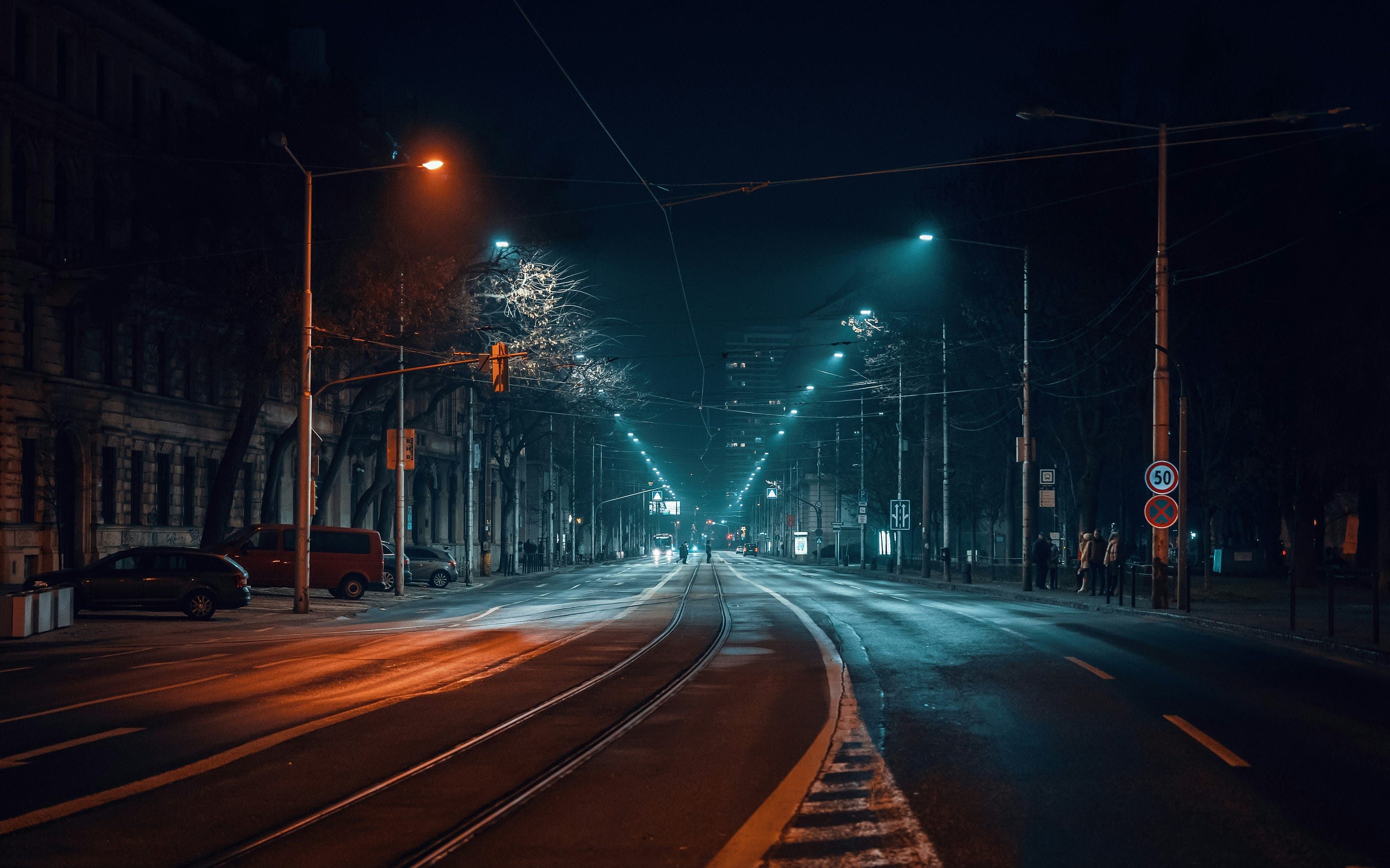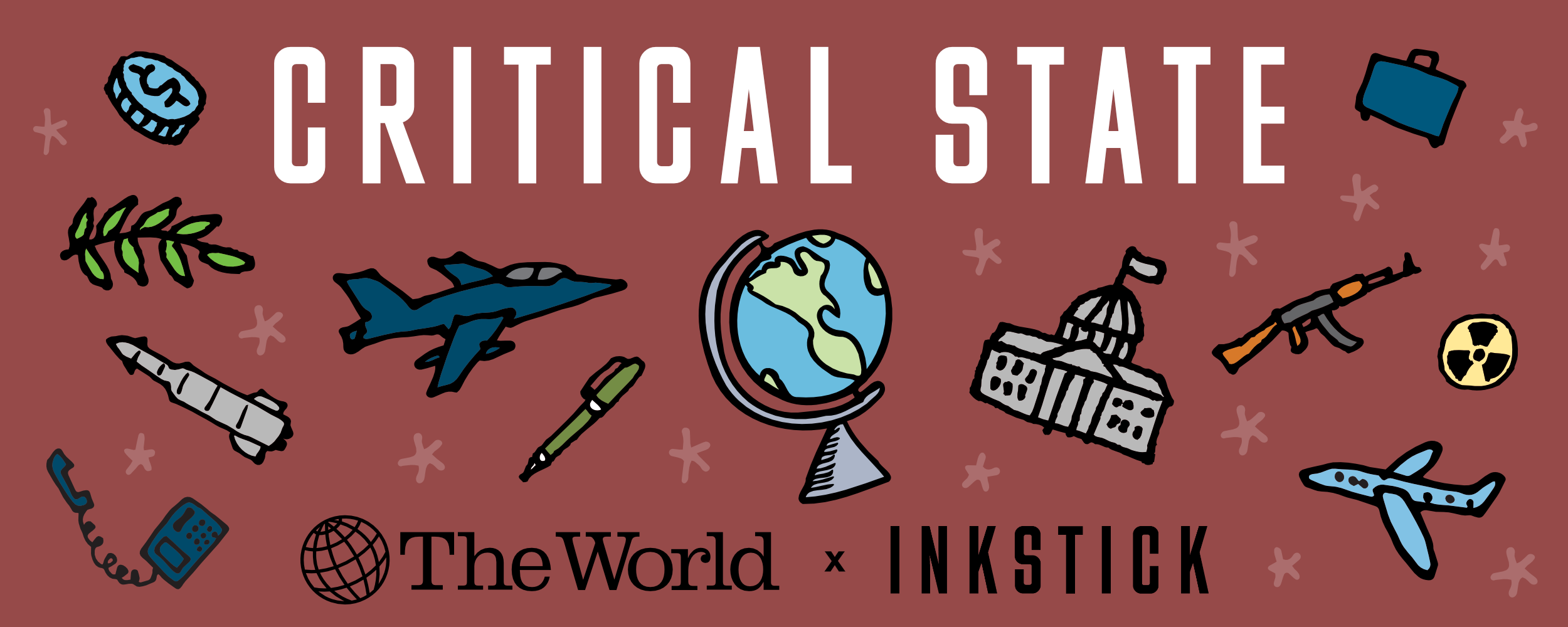|
Todd Miller of The Border Chronicle warns that there’s a cold war coming on Democrats’ border policies.
Vice President Kamala Harris is running as “tough” on the border and on immigration, Miller observes. As Miller explains, “Harris’s border ads come amid tremendous excitement for her campaign and the beginnings of a knock-down, drag-out fight with Donald Trump, who calls Harris a ‘failed border czar,’ a title never held by the vice president but nevertheless repeated endlessly by the MAGA constituency — like the ‘open borders’ narrative used against Biden.” Democrats have decided to run to Trump’s right on the border.
Miller raises some issues with this plan. For one thing, it’s not possible. “While it is true that the former president did verbally reject the enforcement-heavy border bill in February (as Harris put it, ‘He tanked the bill’), Trump responded by proposing an even more intense scenario: the mass roundup and deportation of 15 to 20 million undocumented people. He wasn’t rejecting the border bill as much as conjuring an even bigger threat.” Trump is as “obsessive” about the border as ever.
But despite past Democratic criticism of Trump’s border policies, “there has been very little critique, let alone pushback by the Democratic base about her border plan. It is possible to, however, both support Harris and pressure her to shift the border stance, insist to her campaign that going to the right of Trump is not a good idea.”
If You Read One More Thing: The Art of Fear
Charis McGowan writes in Hyphen Online of how Geert Wilders of the Netherlands and the country’s far-right cabinet are stripping support from arts and culture.
As McGowan explains, “After his election success, Wilders was tasked with forming a government with the 15 other parties that secured seats. To do so, he softened some of his more hardline positions to gain broader support and form a coalition, scrapping proposals to ban ‘expressions of Islam’ and dual nationalities. He also stepped back from pursuing the role of prime minister, backing independent Dick Schoof for the role.” But Schoof ended up with a far-right cabinet all the same.
Wilders deems the arts to be “leftist hobbies” and the government is raising taxes on artistic and cultural activities. Some believe the government is explicitly targeting the arts in order to further stoke divisions. The concert and theater worlds have also expressed concern about what this will mean not only for them, but for Amsterdam and the country.
Slovakia’s Slide
 |
In VSquare, Tomas Madlenak documents recent developments in Slovakia.
A former Slovak special prosecutor, who was jailed for corruption, has been released. Meanwhile, the people who put him there are now out of work. What’s more, “Slovakia’s government also confirmed last week that it would disband a police agency tasked with investigating the associates of ruling party politicians.”
This is part of a larger pattern of what some worry is democratic backsliding that has been underway since Prime Minister Robert Fico returned to power: “Fico returned to power after his Smer-SD party won enough votes to form a coalition government in October of last year. Since then, his government has passed a controversial Penal Code reform, lowering sentences and statutes of limitations for corruption. The reform was suspended while the country’s Constitutional Court evaluated it. However, last week, on August 6th, the court decided that there are no major discrepancies between the reform and the country’s constitution, and therefore the controversial penal code reform could go into effect.”
Deep Dive: English, Berlin Style
In a recent article in the Journal of European Studies, “Berlin in English: The German capital in recent Anglophone fiction,” David Anderson looks at how Berlin, Germany’s capital, appears in recent Anglophone fiction — and asks if it means something more than “literary tourism.” Anderson considers authors who in recent years published work set in Berlin, “including Amit Chaudhuri, Adrian Duncan, Helon Habila, Hari Kunzru, Lauren Oyler, Chris Power, Bea Setton, and Matthew Sperling.”
Berlin novels used to be about Nazis and spies. But the more recent variety, Anderson writes, strikes a very different note: “the expat lured by cheaper rents, generous stipends and an easier, perhaps cooler, English-spoken-here lifestyle — a sort of extended slacker existence’ — and ‘engage with universal themes of bad relationships, paranoia, fragile masculinity and geopolitical tensions’ as well as things like ‘Berlin’s evolving tech scene.’”
Anderson draws a distinction between “Berlin literature” and “German literature.” The novels in which he’s interested are set in and are in some ways about Berlin, but are obviously in English, and thus not part of the German literary tradition (though it is connected to it — as Anderson notes, there have been “flare-ups” in the German press about the supposed decline of German, and further English is accepted in Berlin in a way that other foreign languages are not).
Moving through previous periods of English-language Berlin literature — the “golden twenties,” the Third Reich, and the Cold War — Anderson then turns to work from 2000 on, in which, by and large, characters are not “would-be worldly native German speakers,” but tourists and expats. Their authors thus risk only superficially engaging with the city setting — though, as Anderson also notes, the characters’ own unstable or ever changing psychology is often of particular interest to authors of contemporary Berlin literature, in a way that they sometimes write as being reflected by the city itself. But the divisions of Berlin’s and German history — these, Anderson writes, are “strikingly absent” from today’s English-language Berlin novels.
The novels all present protagonists who recently moved to Berlin, but “thematize migration in different ways,” and have protagonists (and, some might argue, authors) of varying degrees of self-awareness.
Ultimately, Anderson decides that “these novels do have valuable things to say, particularly concerning the ways in which an urban literary imaginary is being reconfigured for a digital age,” since digital technologies “accelerate and complicate” characters’ adjustment to the city, feeding into characters’ senses of connectivity, but also isolation.
Perhaps this is as meaningful as delving into the history of the city’s divisions, or at least meaningful in a different sort of way: As Anderson writes, “digital technologies shape the experience of urban space, producing an urban experience that is both local and global and sometimes contributing to acute experiences of disorientation, are relevant to an understanding of the contemporary city as such, as well as of Berlin in particular.” And he suggests that literary topography, too, even outside a city’s native tongue, can be useful in understanding its contemporary urban space.
Show Us the Receipts
Nick Paleologos wrote about rising heat levels in Greece, where wildfires even reached into the suburbs of Athens. More than three million people live in the Athens metro area. As Paleologos explained, “The fresh round of wildfires came amid a summer of record temperatures and following a spate of blazes around parts of Greece. In July, wildfires broke out in Stamata and Keratea, as well as on the island of Kos.” Greece has dealt with extreme heat and wildfires in recent years, including just last year. Since 2017, 750,000 acres of forest land has been swallowed by wildfires.
Shaheen Abdulla reported on the fear gripping Muslim communities in the United Kingdom in the wake of race riots, the far-right rallies that targeted Muslims and mosques in British towns. Nearly 600 people have been arrested, and over 140 people have been charged. Hospitals, “significantly staffed” as they are with people of color, were impacted; young people spoke to Abdulla of having to miss work from fear. Some also stressed that they felt it took the government too long to acknowledge that the riots were driven by Islamophobia, while others blamed “mass media and misinformation,” as well as incitement by some political leaders, for the attacks.
Bianca Hillier looked at how some Olympic champions were welcomed home from Paris. Letsile Tebogo, who won the 200-meter sprint for Botswana, was celebrated by over 20,000 people in the country’s biggest stadium. Athletes from the Philippines were greeted by parades in Manila. Pakistan’s Arshad Nadeem, who won gold in javelin, got nearly $600,000 and two new cars, plus free gas for the rest of his life. World Athletics has set up a new money stream for track and field athletes, which the International Olympic Committee is against. However, the athletes themselves say that financial help is much appreciated.
Well-Played
Like a character from a Greek comedy.
He’ll have an order of life.
So long as this ceiling stands, the dream lives.
Hungarian history.
Potential Raygun profile, we turn our eyes to you.
They do not.
Critical State is written by Emily Tamkin with Inkstick Media.
The World is a weekday public radio show and podcast on global issues, news, and insights from PRX and GBH.
With an online magazine and podcast featuring a diversity of expert voices, Inkstick Media is “foreign policy for the rest of us.”
Critical State is made possible in part by the Carnegie Corporation of New York.
You're currently a free subscriber to Inkstick’s Substack. For the full experience, upgrade your subscription.

